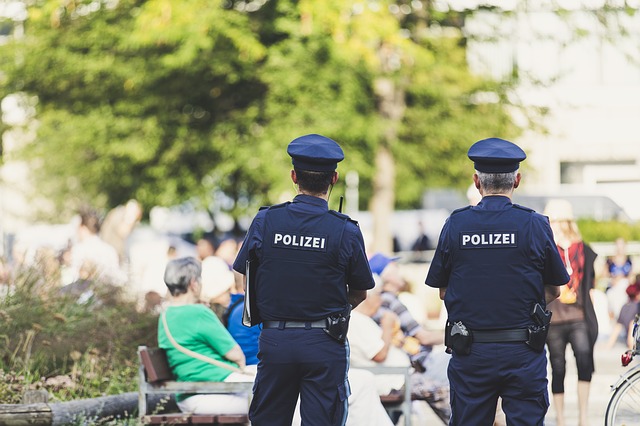Law enforcement agencies in Minnesota have been using reverse location search warrants to find the identities of smartphone owners that were at a crime scene. They accomplish this by issuing a warrant for Google to send the identity, billing and contact information, and web browsing history of all smartphones that reported that their Google Location was in the search area at the time of the crime.
Minnesota Public Radio News (MPRN) [1] reported that the police agencies in Minnesota have issues at least 22 warrants of this nature since August of 2018. Such reverse location search warrants may encompass a large area and specify data collection for a long period of time, potentially implicating a large number of innocent people passing by. An example was the case of the home invasion of a couple last October that lead to the loss of $50,000. A geofence was created in a large area around the house where the crime occurred, as well as around the two supermarkets that the couple owned. Police requested that Google identify all mobile devices around the house in a 6 hour window and around the supermarkets in a 30 hour window.

Map of Reverse Location Search of Eden Prarie home invasion by Tony Webster for MPR News
As a result, if police concludes that the “device’s location, movement, or timing established probable cause”, the identity, billing information, phone numbers, and two months’ of web browsing of all people that had smartphones reporting that they were located in the search areas around the time of the crime were available to law enforcement employees. Criticism has been raised against the practice because of the wide-reaching scope and method of the warrant applications. When police ask for approval of such reverse location search warrant applications, no visual map is given to the judge to compare the area of the crime and the proposed search area. Instead, only the coordinates [2] of the search area is given instead, drawing criticism from the American Civil Liberties Union.
“Most human beings can’t interpret large strings of numbers and GPS coordinates without a map to illustrate them, and judges are no exception” – Nathan Freed Wessler, American Civil Liberties Union
Any users of Google Location Services, including Android phone users and iOS users with Google Maps installed, could be implicated in the reverse search. Another criticism of this technique questions the accuracy of the GPS information transmitted by a smartphone, and whether it allows police to fish for evidence without, and in an effort to establish, a probable cause instead of providing the probable cause to proceed in the investigation of a citizen’s life.
“Our democracy is based on the idea that you can engage in private activity without the government monitoring your every move. It feels like what the government is doing here is violating the inherent trust that we have with our devices.” -Jennifer Lynch, Electronic Frontier Foundation
What do you think?
- Do you make use of the location services that Google or another service provides?
- Are you aware of which applications on your smartphone has permissions to your geographic location?
- What are your thoughts on a reverse location warrant and the backward search for suspects among a pool of innocent people?
Let us know what you think about this article and your responses to our questions in the comments below!
Disclaimer: The views and opinions expressed in this article are those of the author and do not constitute legal or financial advice.
Always do your own research to make informed decisions
For more information, check out these articles:
How did the police know you were near a crime scene? Google told them [MPRN]
Feds Order Google To Hand Over A Load Of Innocent Americans’ Locations [Forbes]
FBI asks Google to turn over data on all users who were close to robbery locations [ABA Journal]
Google Provides User Data to Police [Anarchimedia]


